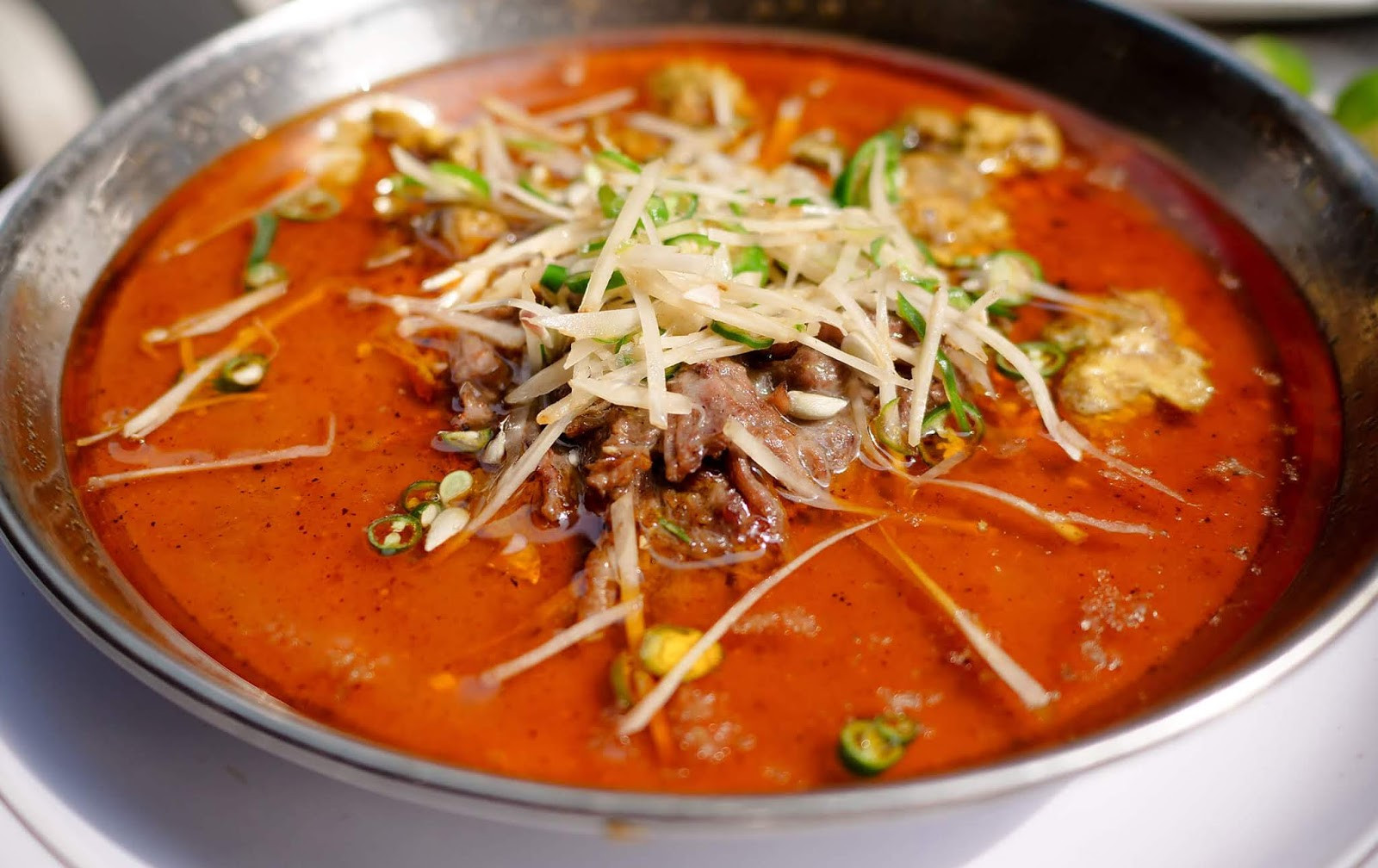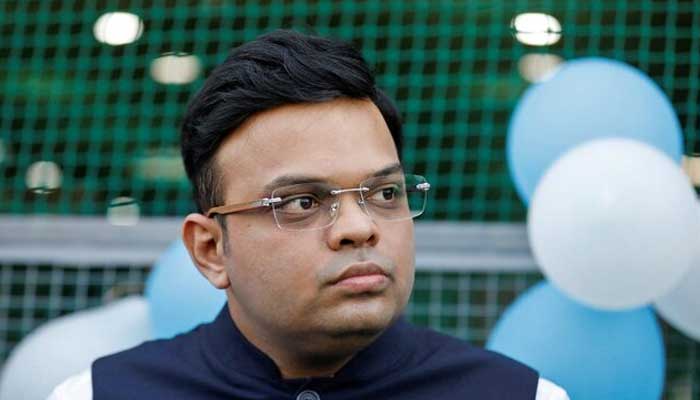

Spending life as a Karachiite – in Karachi - is no mean feat. You share dug-up roads with free-wheeling motorists and free-style pedestrians. You endure an errant gas supply in the middle of January. Then you wage war with a thousand per cent humidity in June. Your hair stands upright in a permanent frizz. In other words, you are all heroes. If navigating a city was an Olympic sport, you would all be in line for a gold medal.
Since gold medals are in short supply, it is only fair that you have the best nihari in the world. The ultimate nihari is a cause worth fighting for because we get pale imitations of them anywhere else. I am basing these findings on the verdict of ten people, all of whom can trace their roots back to Karachi. The other uniting factor between them? They all live right here with me in Slough, the desi hub just west of London.
Food: an effective barrier
“When my parents moved here way back in the seventies, we didn’t have all this, you see,” says Shazia, who was raised in Slough but whose elderly parents still identify as Karachiites. The ‘all this’ that she is referring to is a string of restaurants that have opened up along Farnham Road, a happening street bursting at the seams with Pakistani restaurants and halal food shops. “It was only when lots of Asians moved over that they slowly started opening their own grocery stores, because they just couldn’t find anything they wanted to eat.”
The easy availability of familiar food drew in so-called Asians by the droves until today, the only Caucasian faces visible in Slough belong to the Polish – thanks in no small part to Polish food shops that thrive right next door to their desi counterparts. Food not only sealed the community, it also proved to be the seed that kept everyone else out. Struck by a random urge to have halwa puri on a Sunday morning? Go to Kashmir Karahi and eat your heart out. Have guests ring up to announce their impending arrival? Run to Mithai Box for the most epic gigantic crunchy samosas you will ever encounter. And you do not need to worry that any of this food will be toned down to cater to a bland gora palate; these are shops that have been run by desis for desis for decades, and will do so until the end of time. They do not hold back when chucking in laal mirch masala, so there is no danger of you being denied post-samosa heartburn.
Forever elusive: the perfect nihari
The pull of halwa puri and epic samosas is, of course, palpable. But this is not where my heart lies. Having dined almost exclusively on the offerings of roadside eateries, thelay walas, and dhabay walas during my time in Karachi, I know exactly which food topples them all: nihari.
Like all nihari lovers, I love it more than life itself. Whenever I return to Karachi, it is the first thing I order. In the quest for the perfect nihari, I and thousands of other nihari lovers also know that there is just one place in the universe that has cracked the code for the golden formula: Javed ki nihari.
A good nihari remains entrenched in your memory forever, and some of us are willing – no, eager – to risk two whole nights of heartburn in exchange for five minutes with this divine simmering gravy and tender beef that comes apart in your fingers like cotton wool. We may religiously boil water before consumption, but when it comes to world-class nihari, two lemons and a naan, all those rules burn to ash. It is impossible to replicate that special Karachi nihari aroma at home no matter how many boxes of packed masala you buy or how long you (or at least I) scour the internet for tips.
“Oh but you must try this new place on Farnham Road,” urged Shazia after getting tired of my Javed raptures. “They’ve got nihari on the menu. I’ve heard it’s really good.”
Shazia has visited Karachi on occasion but has never lived there, so I’m afraid her baseline of what is “really good” is not quite where mine is. I explained to her that it would be impossible for anything on Farnham Road to drum up “really good” nihari (or even really bad nihari), but she waved away my fears and insisted I be brave.
“You need to be open to new experiences,” she said sagely.
I do not care for new experiences, but for the sake of our friendship, and also to be able to say I told you so, I followed Shazia into the promised new land and ordered a bowl of nihari.
Only Karachi gets it right
It transpires that trained food professionals at Farnham Road food establishments are even worse than I am at reproducing a passable nihari. With a flourish, our waiter brought along my order in what appeared to be an ice cream bowl (beautiful, but with the fluid capacity of a thimble) containing a chicken leg and a teaspoon of gravy. To complete this scandalous vision, our waiter also added they were out of lemons.
“Are you sure this is nihari?” I asked him.
“Oh yes,” he said gravely. “It’s our special Karachi nihari.”
I’m not sure what nihari handbook these guys follow, but whatever it is, it is not the one used by the folks at Javed. “This,” I explained to the waiter, “is not nihari. It’s normal chicken.”
“It’s definitely nihari,” the man answered, and escaped before I could explain to him that nihari is served by the bucket, not by the thimble, and that it is a crime to sacrifice a chicken for nihari, and especially heinous to serve it without lemons. But he had disappeared back into the depths of the kitchen, doubtless to roll his eyes over the idiot woman who thinks she knows more about nihari than their esteemed chef.
“Never mind,” said Shazia bracingly. “Next time, we’ll get the Karachi bun kabab.”
Despite the nihari debacle, I fell for it. I will leave you to work out how the bun kabab expedition panned out. Until then, I will be counting down the days until I get back to Karachi for a heavenly, steaming bowl of (non-chicken) nihari drowning in shorba and a whole bowl full of lemons on the side.
Have something to add to the story? Share it in the comments below.











